How does it work? | Sleep tracker
 Source:
Source:
It is known that human sleep consists of repetitive cycles of REM and NREM sleep. The average duration of each cycle is approximately one and a half hours. A good rest is sleep, which includes 5 full cycles. Thus, for maximum efficiency people should sleep at least 8 hours a day. The total duration of sleep about 80% of the slow-wave sleep. REM sleep has a shorter duration, but by the time you Wake-up its share gradually increases. Sleep cycles differ from each other not only in duration but also their functions. The slow-wave sleep helps a person to recover, the brain is in a state of rest. REM sleep, by contrast, activates the brain processes and helps to organize and remember all the important information obtained by a person in the past day. How does the device tracker that analyzes your sleep — this was in today's issue!
The Most common consumer device for determining the phases of sleep is a fitness bracelet. With the help of programmed algorithms and sensors, it determines the phases of slow and fast sleep. Among the used sensors are of particular importance sensitive recording sensor, heart rate monitor and accelerometer. The first of these records and analyzes all the sounds that a person makes during sleep. According to the observations of scientists, the REM sleep more, so if the sensor sees more certain sound than usual, this may indicate the transition to REM sleep.
But for accurate analysis of only one additional noise is not enough. In addition to identifying sounds, sleep trackers also analyze the pulse and the movement of the person. Heart rate monitor analyzes the functioning of the heart by optical plethysmography, which we have already said in one of the previous releases. An optical sensor on the back side of the bracelet radiates light on the skin and analyzes the level of its absorption, thereby determining the heart rate. With its increase, the tracker concludes that the transition from the slow phase in REM sleep. The accelerometer, in turn, keeps track of everything, even the slightest movement of the sleeping person.
Accelerometer and heart rate monitor allow you to calculate the optimal time of awakening that must occur in REM sleep. In this case, the person wakes up rested and cheerful. The tracker chooses the moment when the body is physically ready to Wake up — when increased heartbeat and the first movements after 5 complete sleep cycles. If a person needs to Wake up at a certain time, the smart alarm allows you to specify a time range during which the tracker will choose the optimal moment for awakening.
Separate the sensors for the sleep tracker to record information about the conditions in which a sleeping person, namely the room temperature and the percentage of carbon dioxide. In addition, thanks to record sensor tracker receives information about the presence or absence of snoring and a night of delirium, which also help to determine the quality of sleep.
Recommended
Mystery of the Sargasso sea, and why there were dead ships
At the time, in the Sargasso sea lost a lot of ships. Almost all mystical place, about which people say, giving them a mysterious halo, are on the water. When ”ends”, the disappearances do seem very strange and inexplicable. One of the places that ar...
An air leak site has been found on the ISS. What's next?
Air leak occurs in Russian station module Inside the International Space Station live astronauts from different countries and all of them need oxygen. The air needed for the life of the crew is produced by special equipment, but the tightness of the ...
Why can thinking about death make life happier?
Awareness of one's own mortality can be a liberating and awakening experience How do you feel about the idea of death? How often do you think about it and what emotions do you feel? Many of us have been pondering these questions lately. The pandemic ...
Related News
the First pedometer was invented by the French mathematician Jean Fernely in 1525. The device was a system of gear wheels and gears that are driven by an oscillating lever. He spun the arrows on the four dials, which are consisten...
How does it work? | Portable heart rate monitor
Monitor — a device for monitoring heart rate in real time. Electrical activity of the heart was opened in the late 19th century, and in 1902, Willem einthoven was the first, who is technically registered with a string galvan...
How does it work? | A quantum computer
a Quantum computer is a computing device that uses the phenomena of quantum mechanics to transmit and process the data. The idea of quantum computing was independently proposed by Yuri mininum and Richard Feynman in the early 80-i...
How does it work? | Satellite navigation system
the Idea of creating a satellite navigation system was born in the 50-ies of the last century. American scientists led by Richard Kershner watched the signal coming from the Soviet satellite, and found that due to the Doppler effe...
#photo of the day | NASA published pictures of a giant iceberg separated from Antarctica
in July this year, one of the largest in the history of our planet iceberg A-68A is separated from of the Larsen ice sheet in Antarctica. It is difficult even to imagine a giant piece of ice with an area of over 6000 square kilome...
How does it work? | Rain sensor
the Car rain sensor is an optic-electronic device, which is installed on car windshield and responds to hydration. It is necessary for the determination of moisture and automatically turn on the wipers. The first experiments to cr...
How does it work? | Fire sensor
the First automatic fire sensor was heat. It was created by Americans Francis Upton and Fernando Dibble in the late 19th century. The design of the sensor was an electric battery, bell dome, a magnet in an open circuit and a therm...
How does it work? | Motion sensor
the motion Sensors are widely used in security systems to detect intrusion, as well as for automation of lighting and HVAC equipment in homes and offices. Analysts expect growth in the use of motion sensors by 14% annually until 2...
How does it work? | Machine translation
for the First time the idea of using electronic computers for the translation of texts was expressed in 1947 in the United States, immediately after the appearance of the first computer. The first public demonstration of machine t...
How does it work? | Computer vision
As an independent discipline computer vision originated in the early 50-ies of the last century. In 1951 John von Neumann proposed to analyze microsemi using computers by comparing the brightness of adjacent parts of the image. In...
How does it work? | Search engine
the First computer program for searching the Internet was Archie, created in 1990 by students from Montreal. She downloaded a list of all files from all FTP servers and build a database that you can search for file names. The firs...
How does it work? | Accelerometer
Accelerometer — it is a sensor for measuring acceleration. It was invented in the late 19th century and was intended for installation in cars and locomotives to control the speed. The first accelerometers were heavy and bulk...
How does it work? | Holographic display
the First hologram was obtained by the Hungarian physicist Denison Gabor in 1947 in the course of the experiments to increase the resolution of electron microscopes. He coined the word "hologram", wanting to emphasize the complete...
How does it work? | E-Ink-display
Electronic paper was first developed at the Research Center of Xerox in Palo Alto Nick Sheridana in the 70-ies of the last century. The first electronic paper, called Gyricon, consisted of polyethylene spheres between 20 and 100 m...
How does it work? | OLED display
In the last issue we about the LCD display. Today we will focus on a different technology, called OLED. So, how does the display on the organic light emitting semiconductors — this was in today's issue! the Main difference...
Liquid crystals were discovered in 1888 by Austrian scientist Friedrich Reinitzer, and in 1927, a Russian physicist Vsevolod Frederiks was discovered crossing, was named after him and is now widely used in conventional LCD display...
How does it work? | LSD-display
Liquid crystals were discovered in 1888 by Austrian scientist Friedrich Reinitzer, and in 1927, a Russian physicist Vsevolod Frederiks was discovered crossing, was named after him and is now widely used in conventional LCD display...
Nobel laureate in Economics: bitcoin is just another bubble
Robert Shiller is an American economist, has published a number of scientific papers and books on Economics. In 2013, Schiller was the winner of the Nobel prize in Economics. At the moment a scientist teaches the subject at Yale U...
Chess puzzles is worth a million dollars
One of the most ancient Board games, chess is not only developing tactical thinking, but also to improve other useful skills. For example, there are many logical brainteasers on the arrangement of pieces on a chess Board in a cert...
the History of NFC technology takes its beginning in 1983. Then electrical engineer Charles Walton received a patent for "portable radio frequency emitter-ID". Almost 20 years later, in March 2004, Nokia, Sony and Royal Philips El...





















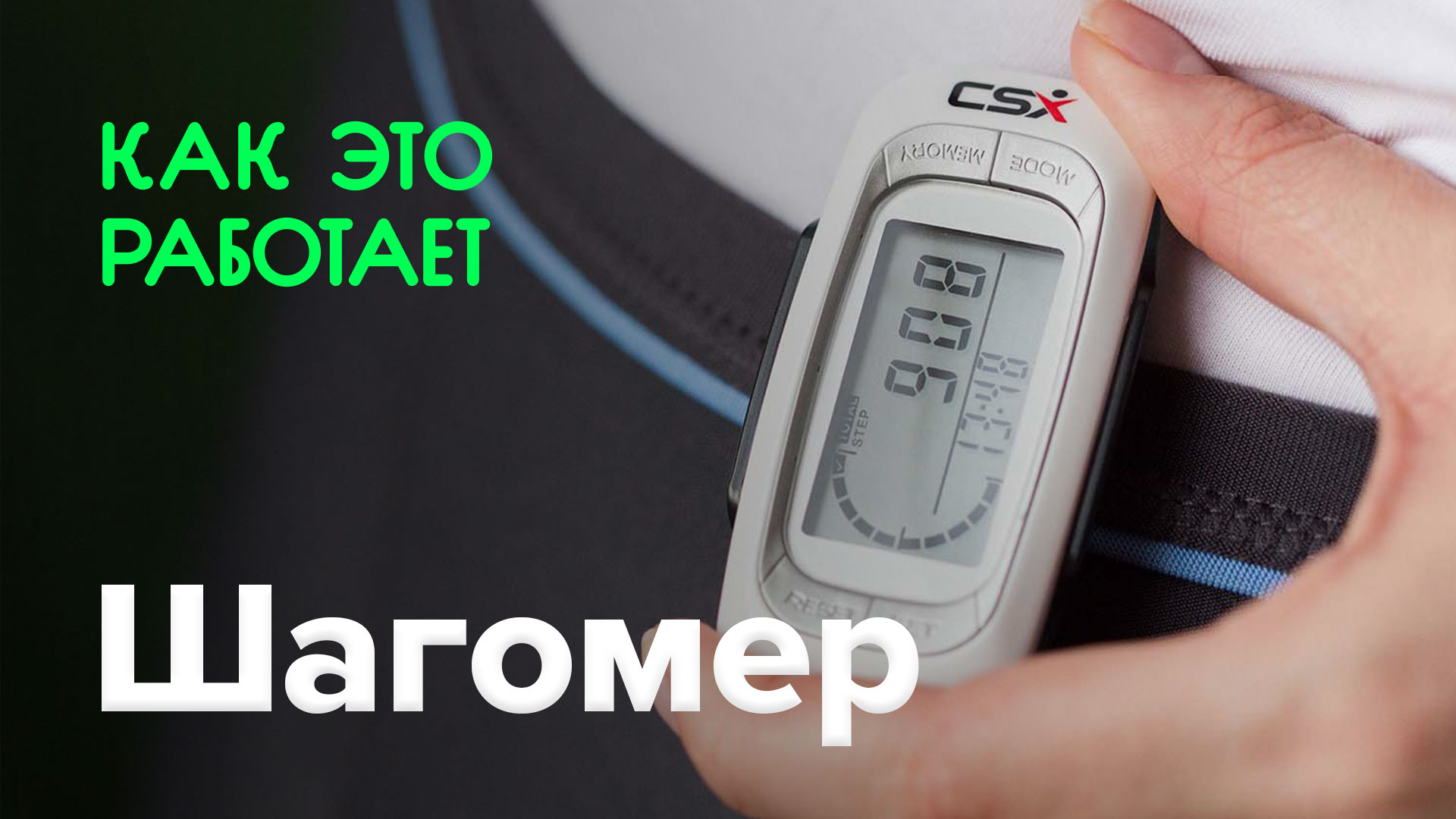
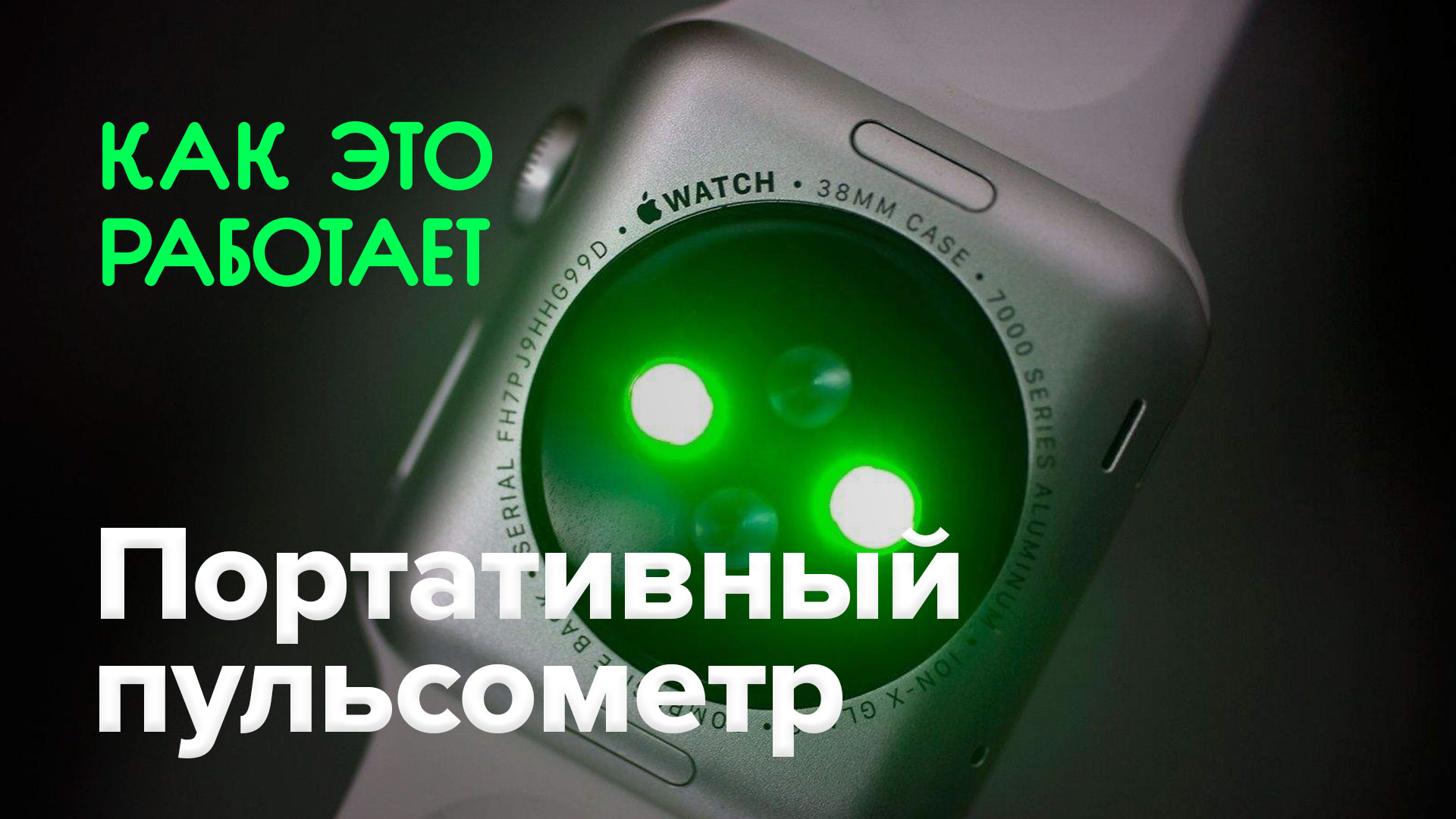
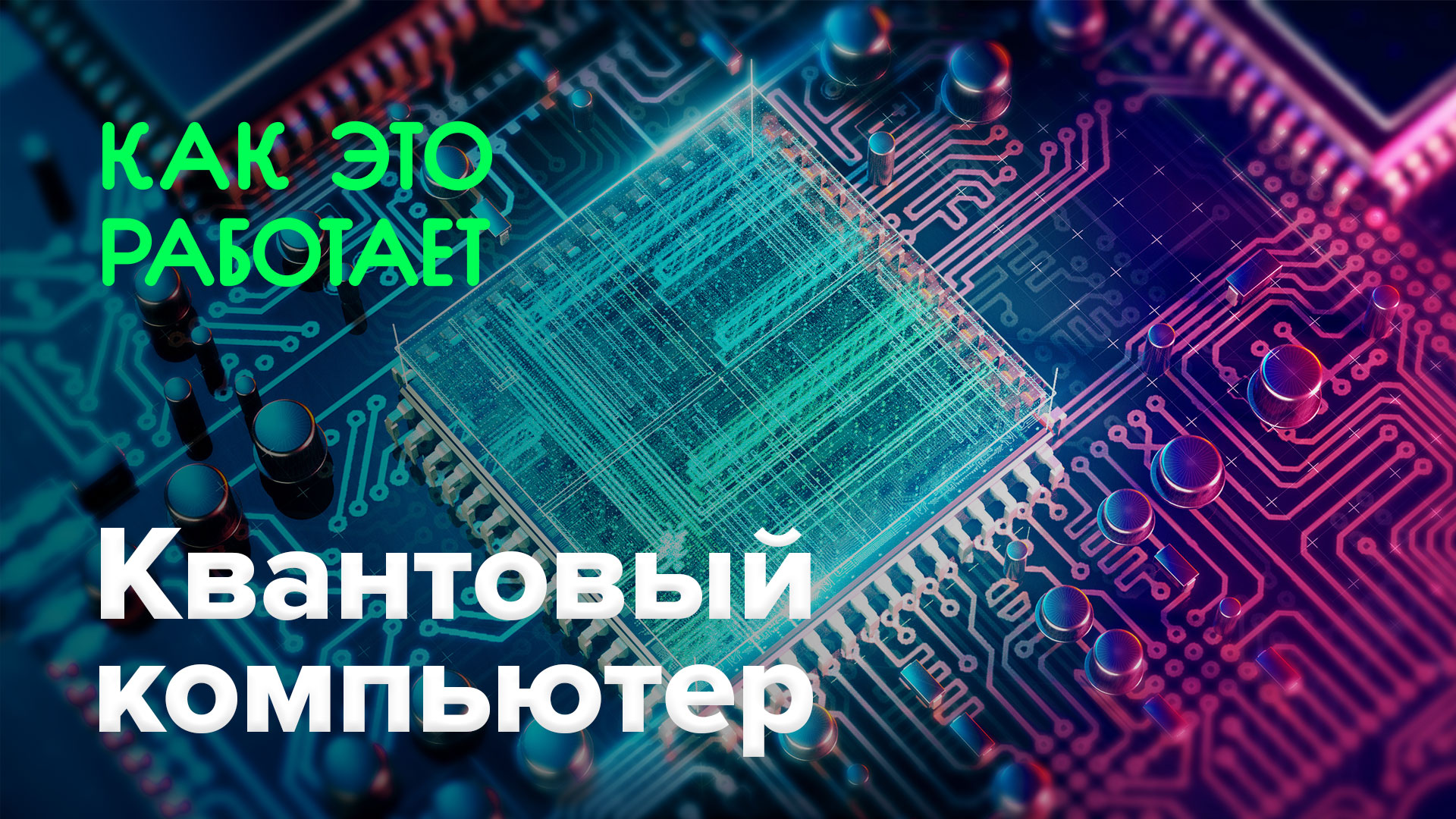


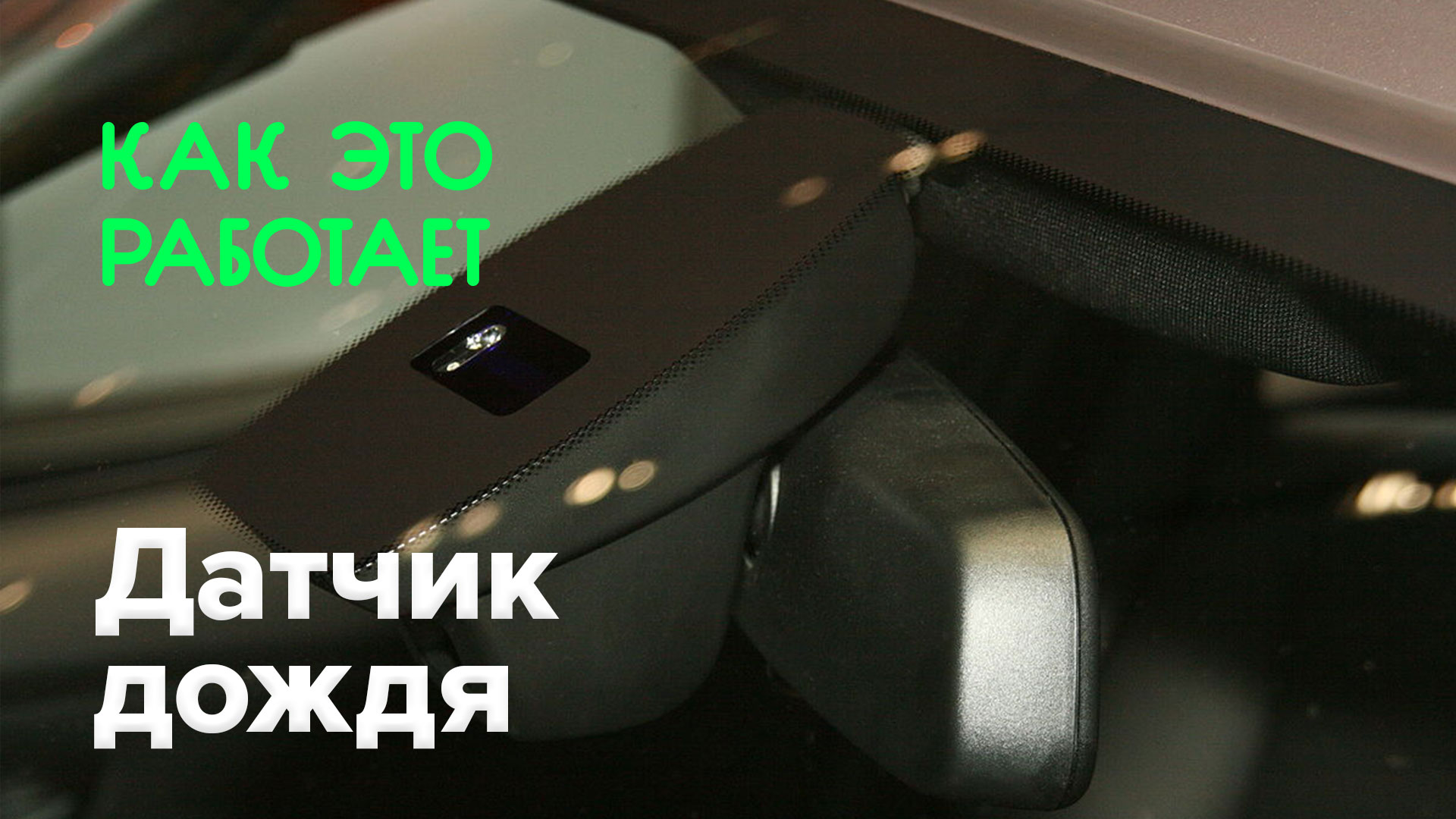
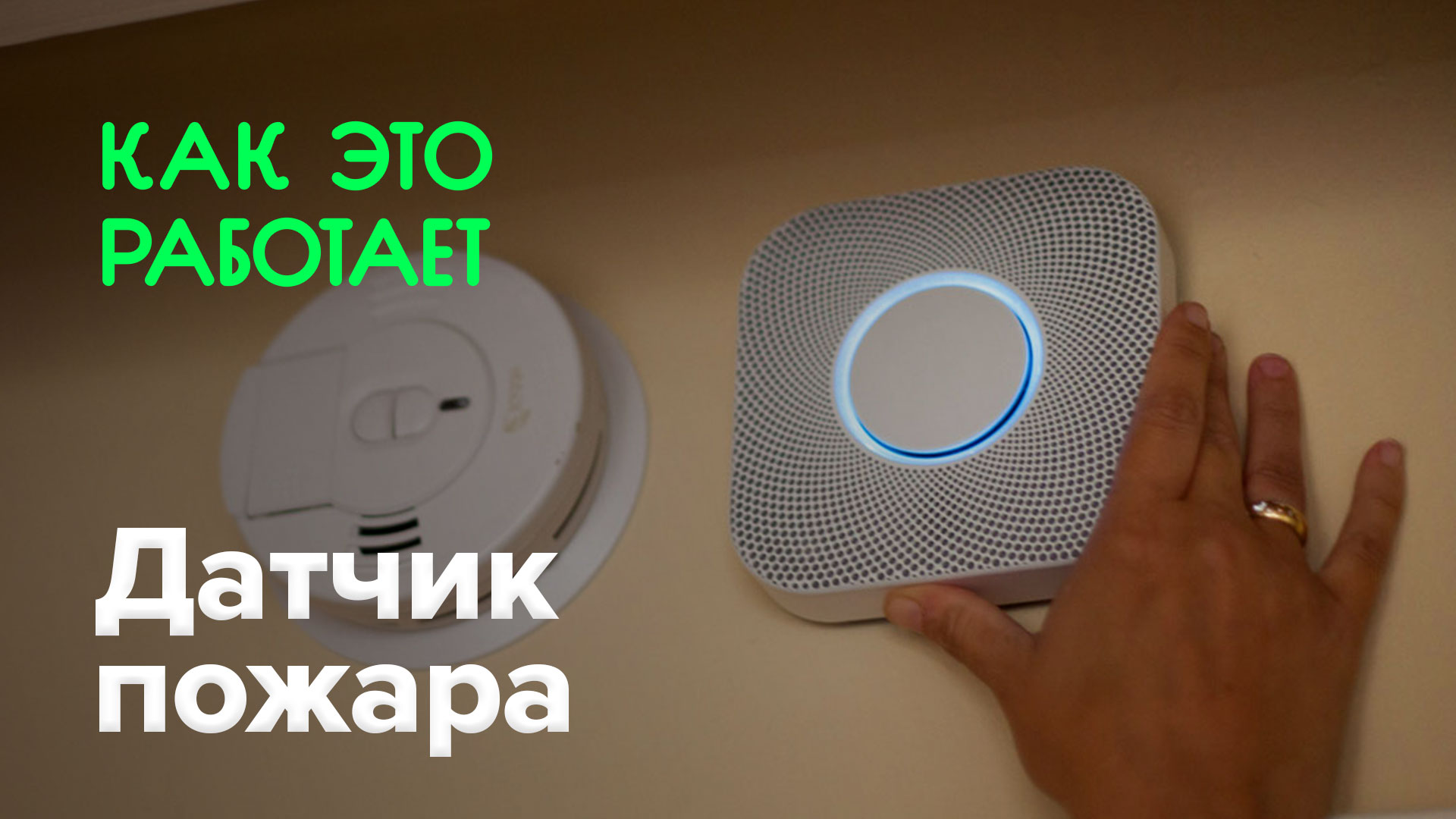
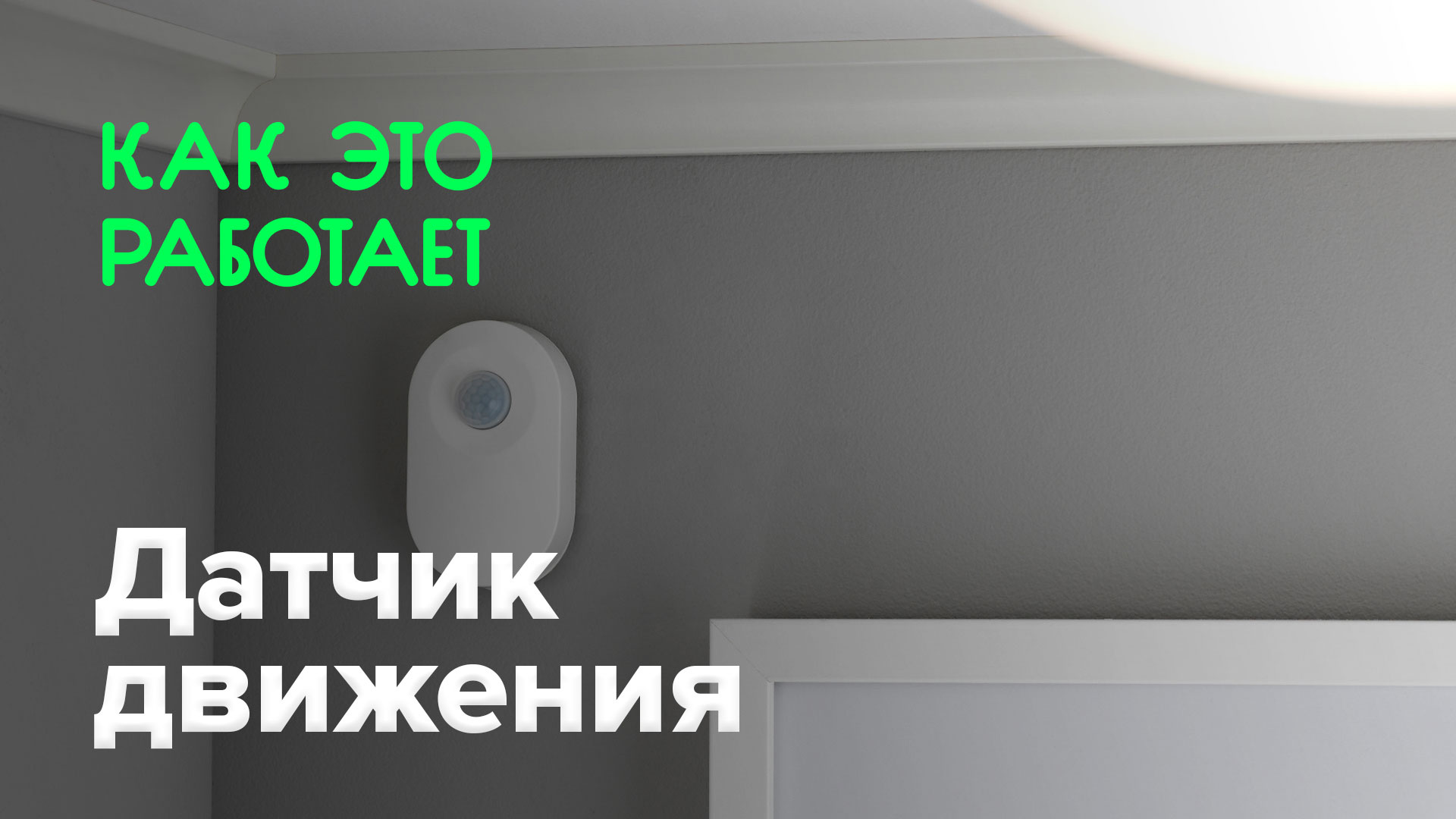

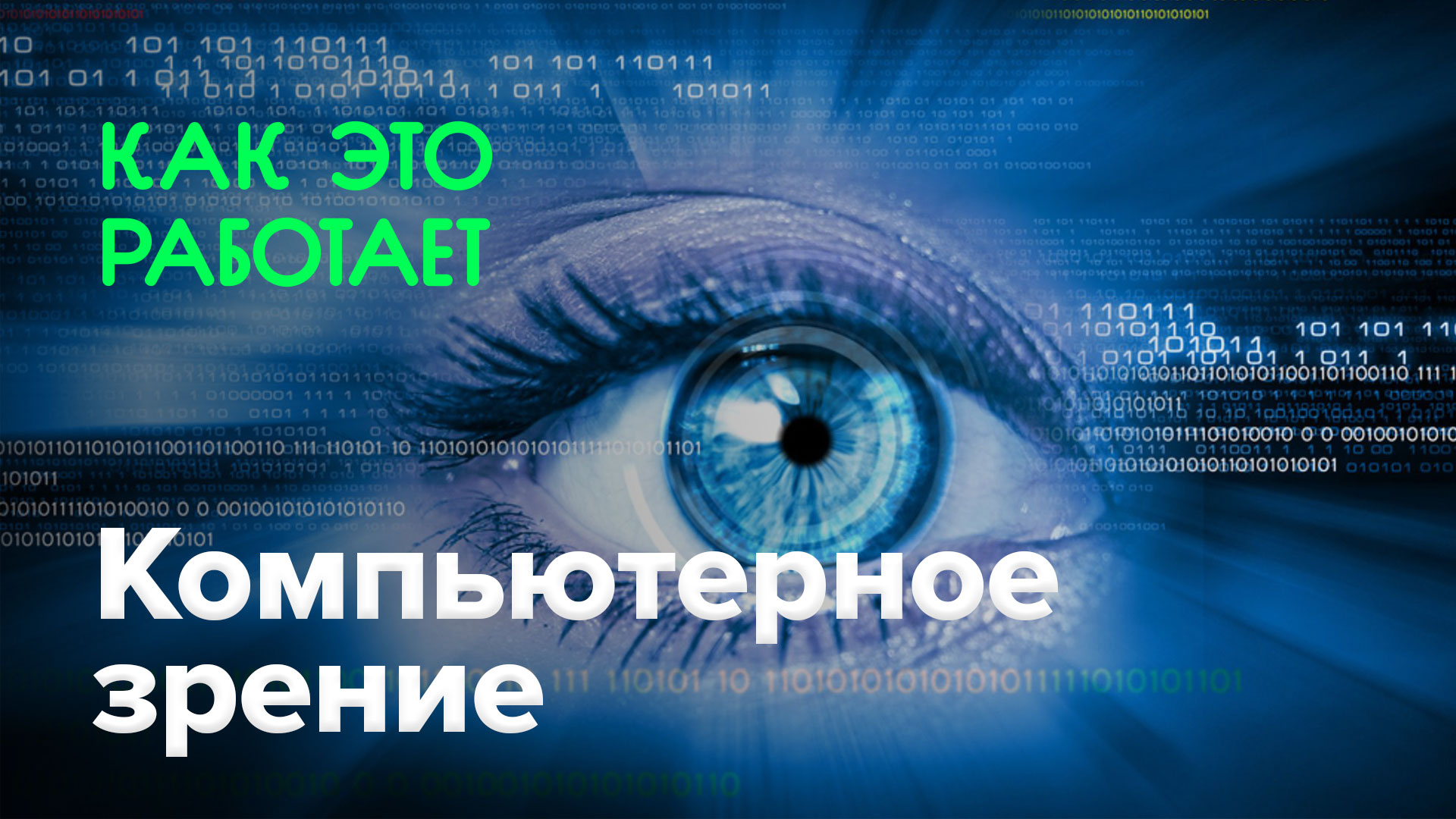

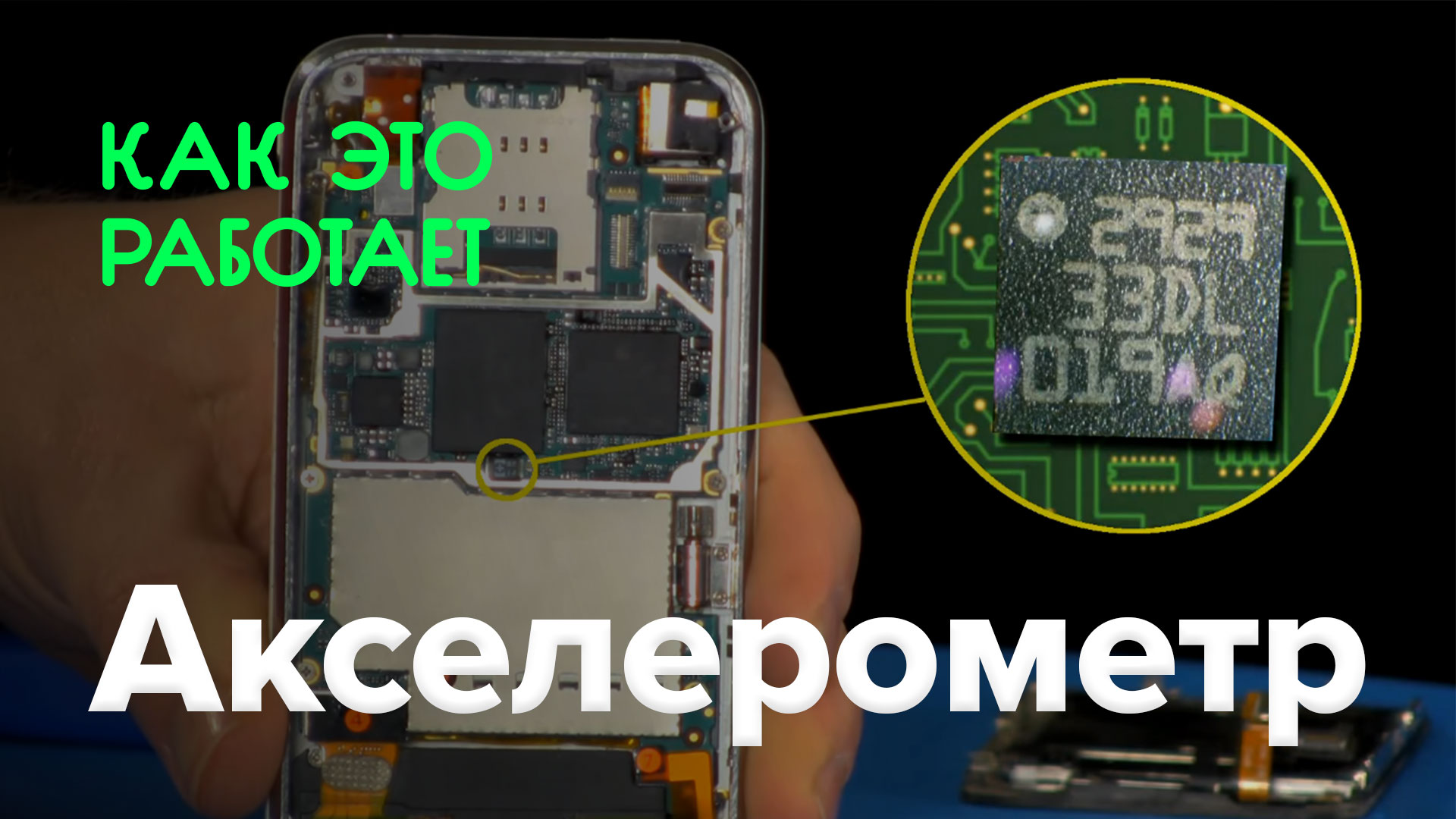
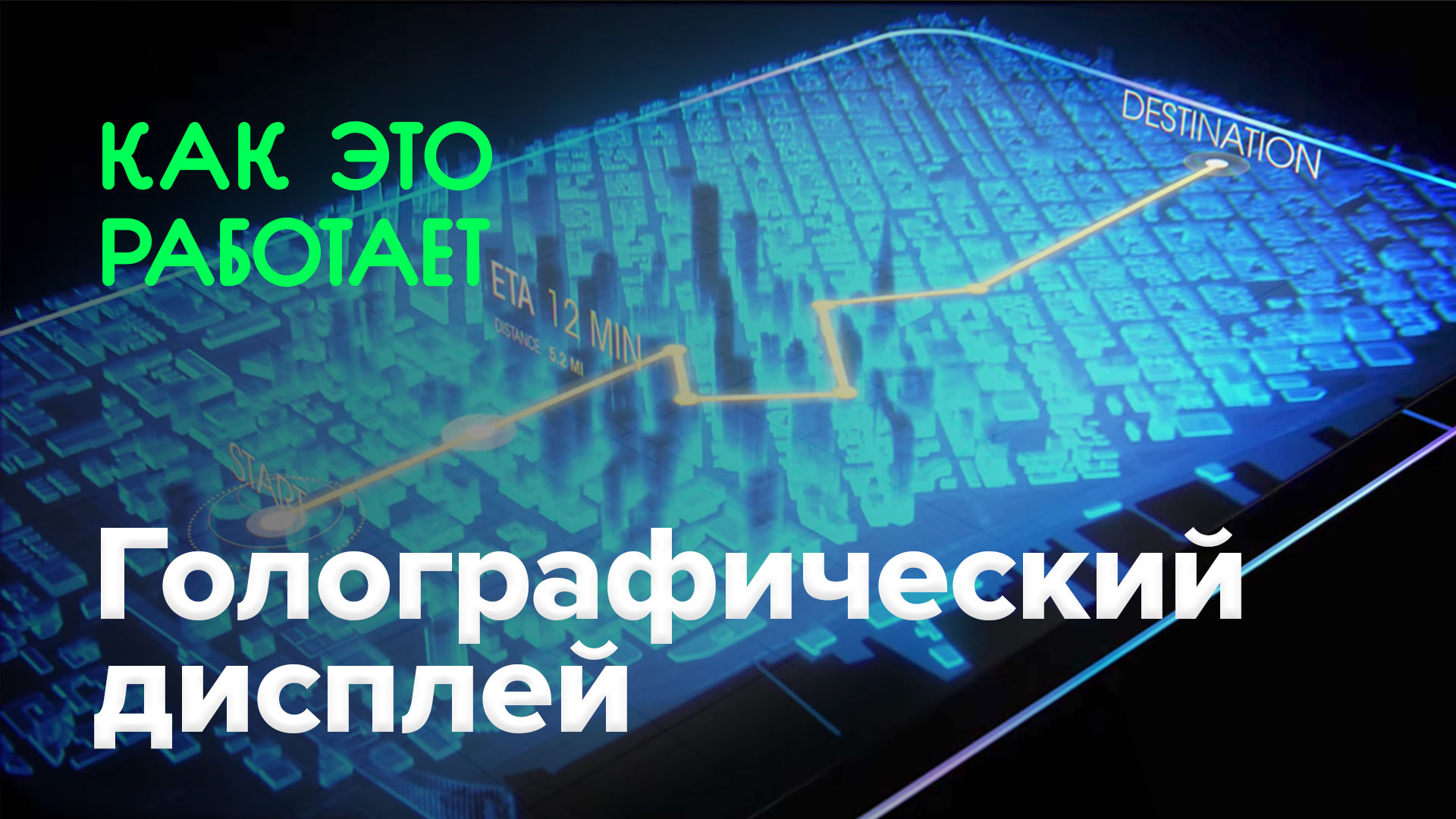

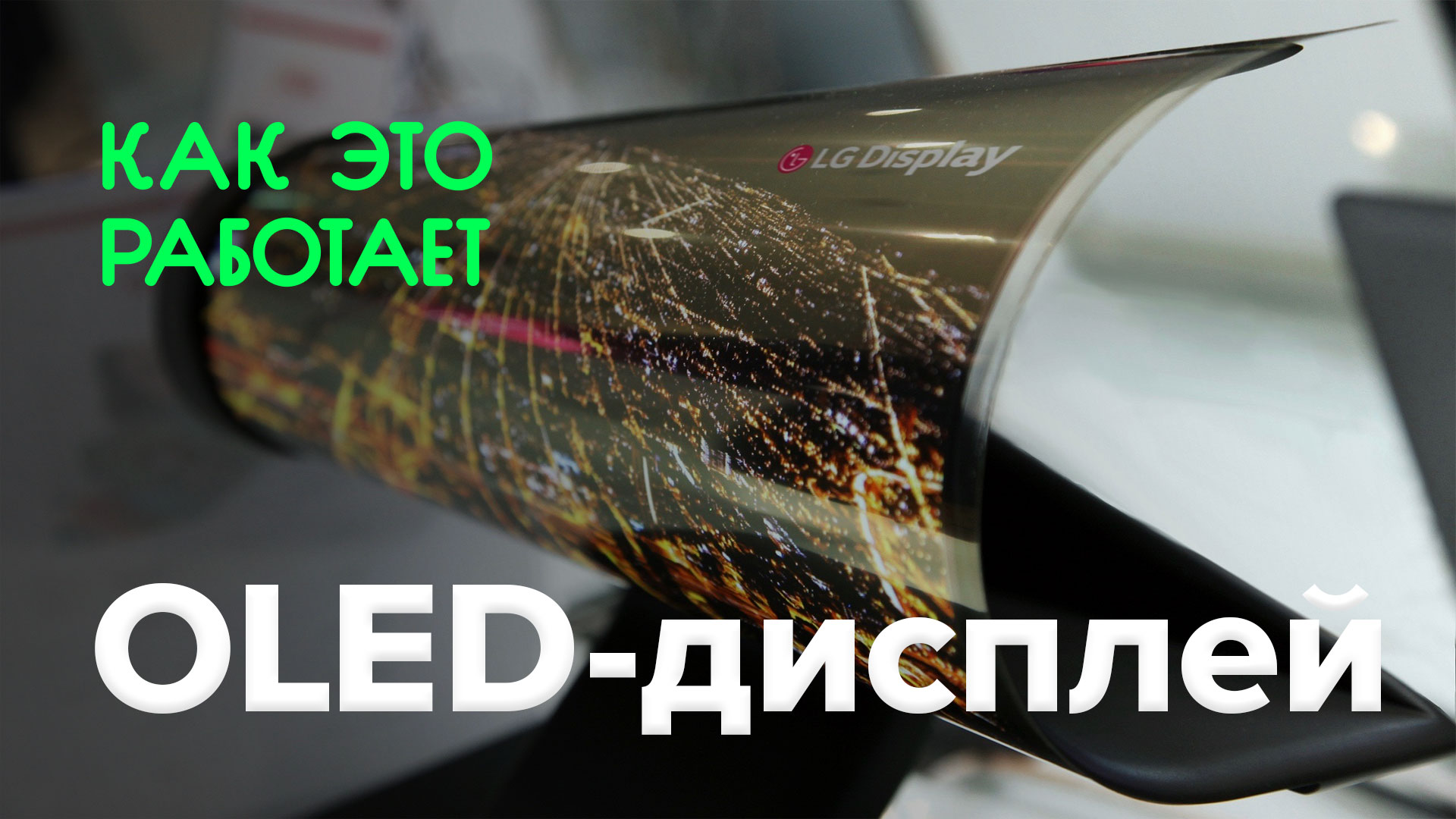
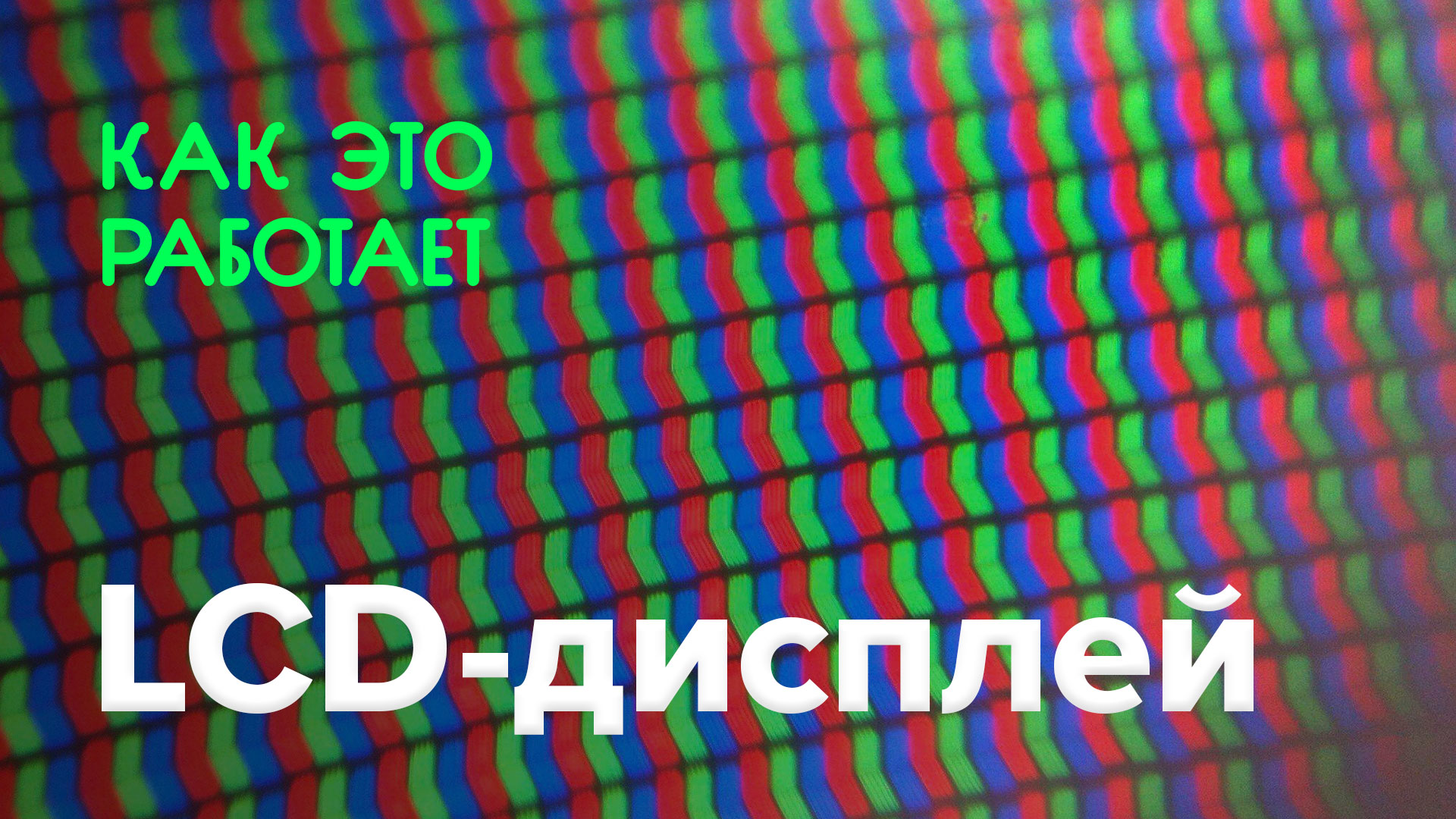
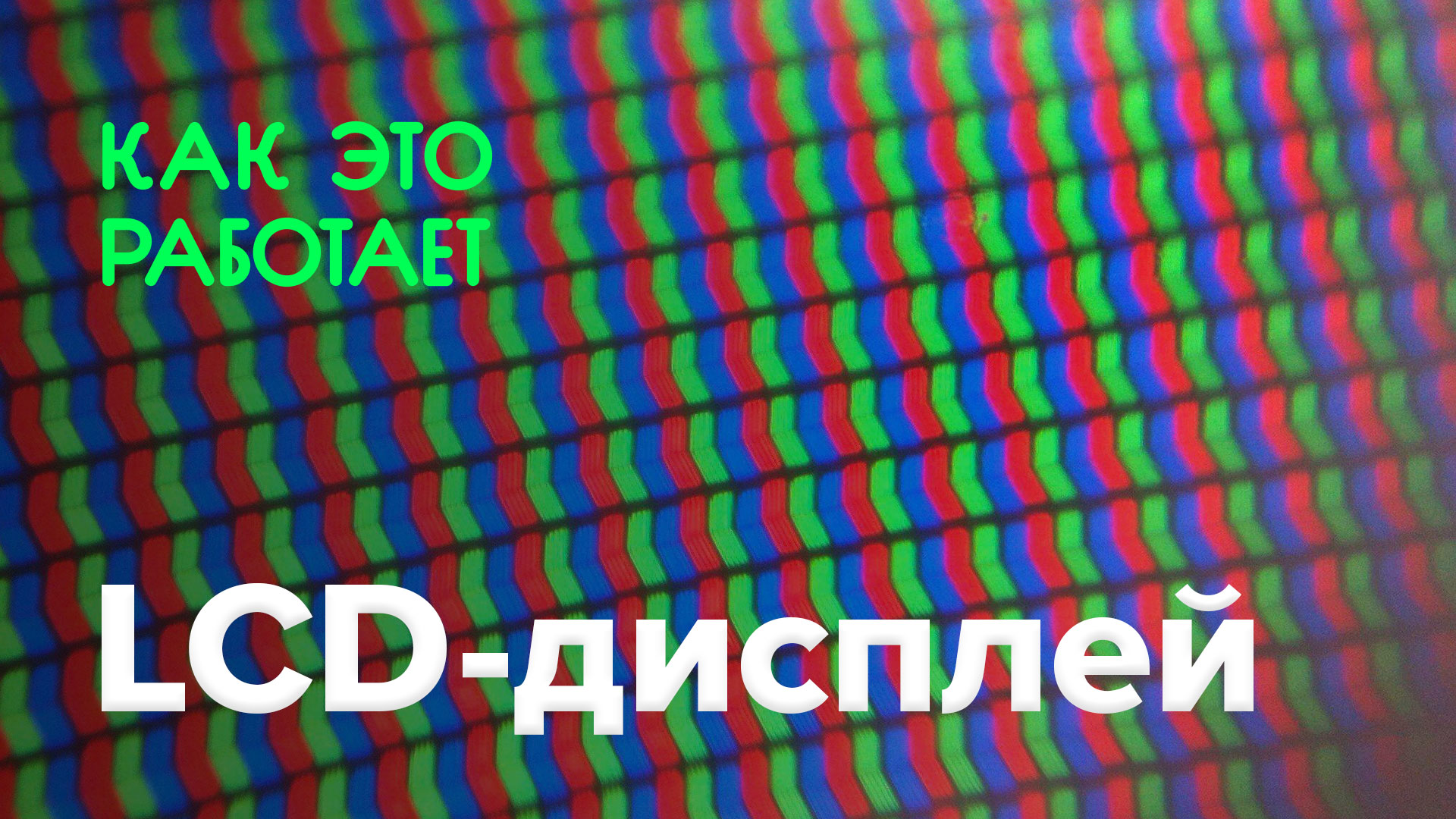

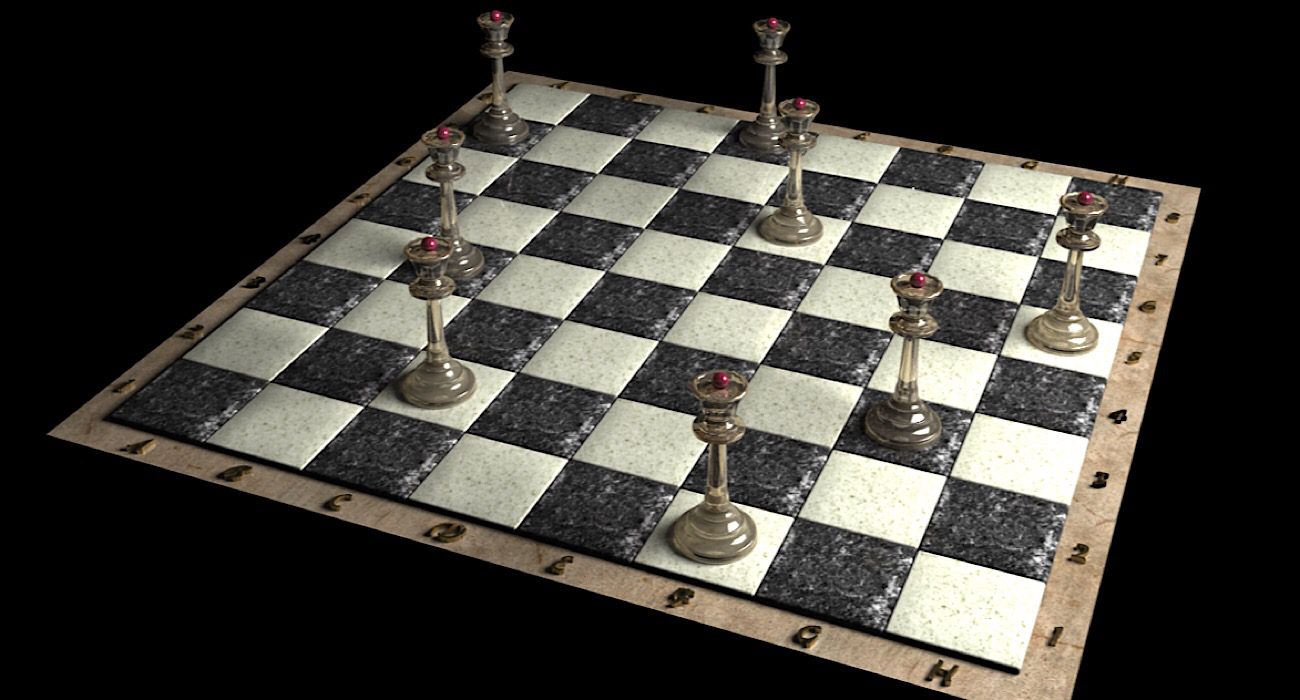
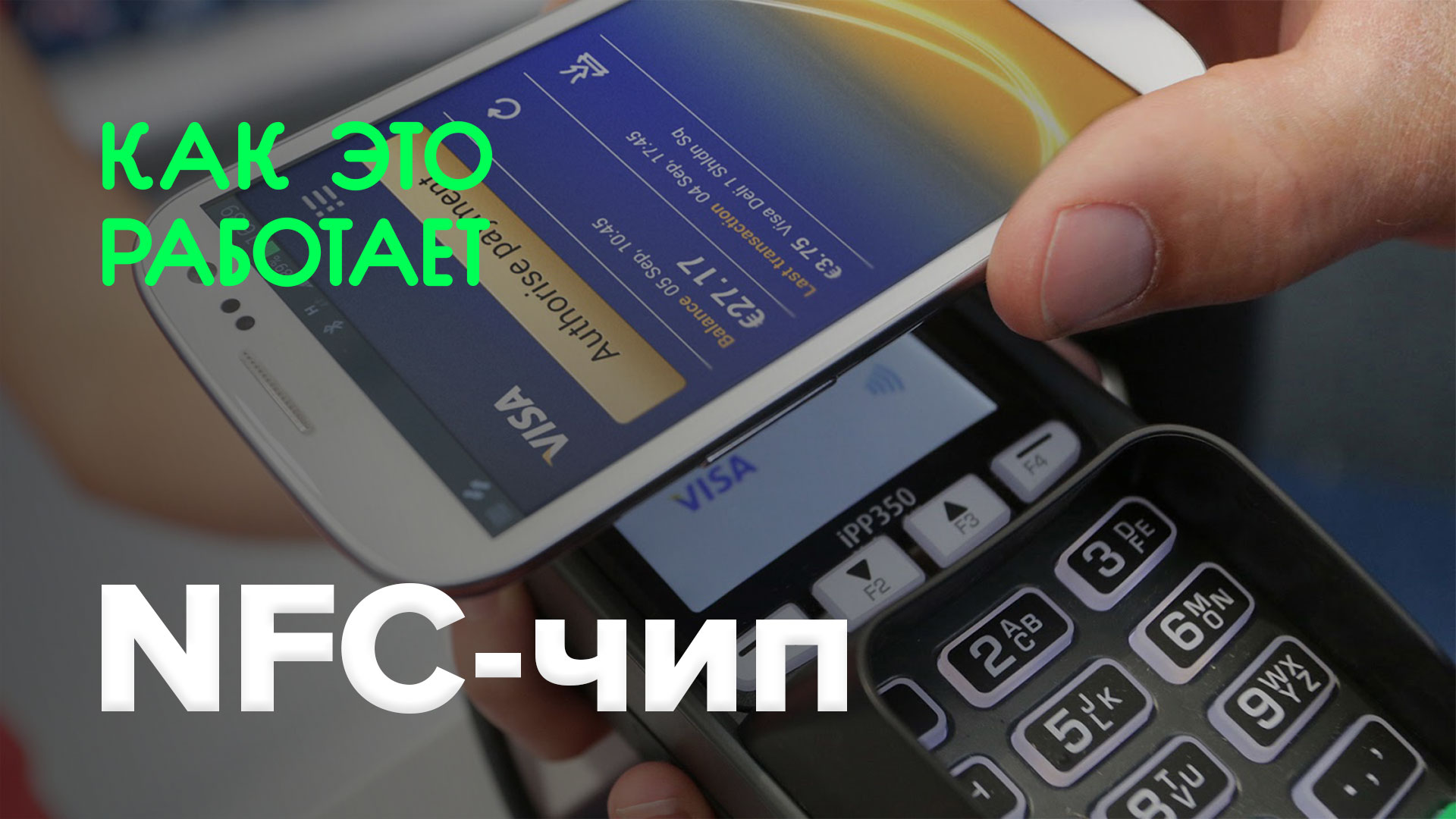
Comments (0)
This article has no comment, be the first!